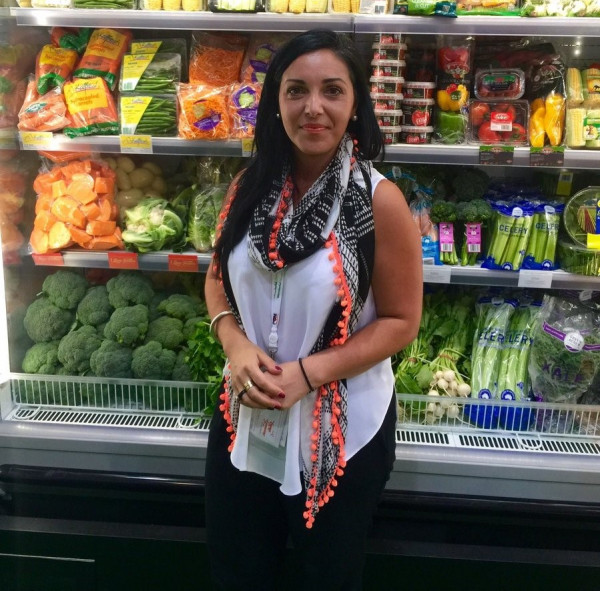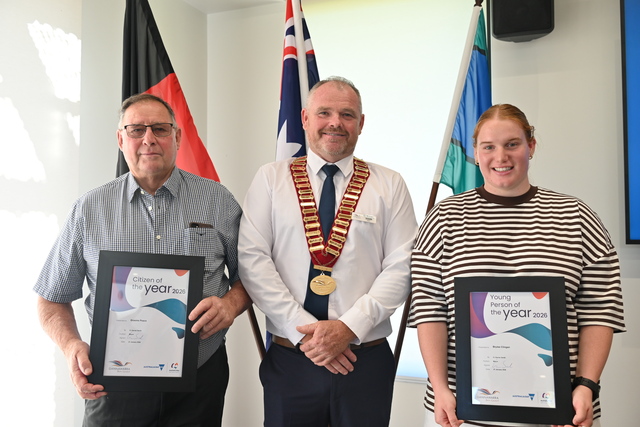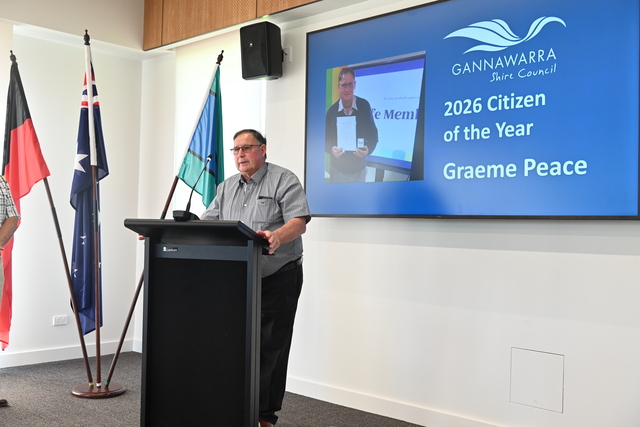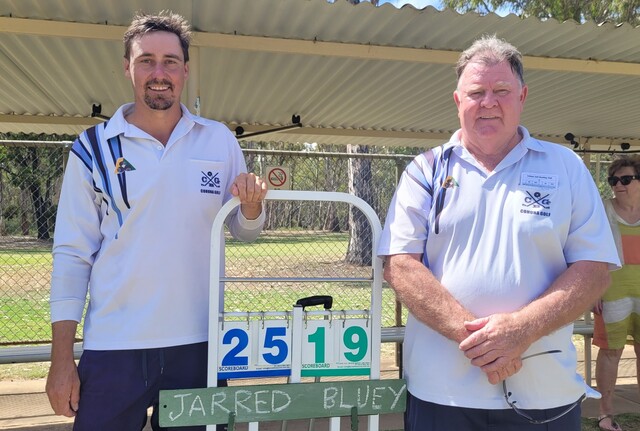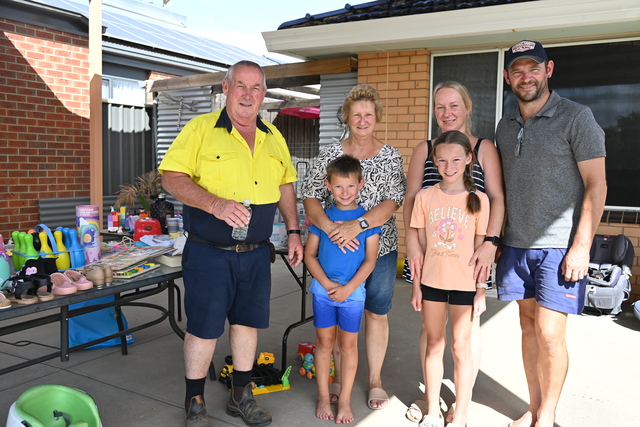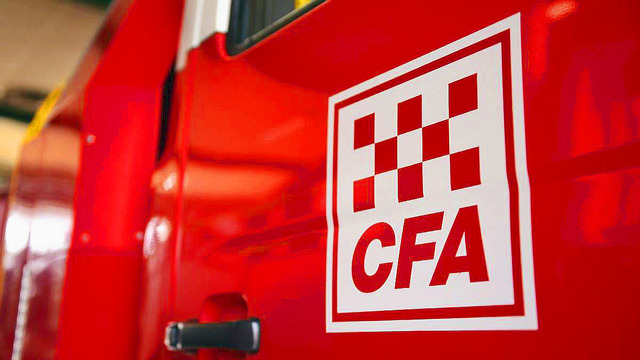VICTORIAN Farmers Federation membership has collapsed by almost 25 per cent in just two years according to figures contained in the peak agricultural body’s annual reports.
The VFF’s 2022/23 annual report, which was officially lodged with the Australian Securities and Investments Commission earlier this month, records 3835 “current ordinary members”.
At the same time 12 months earlier, its annual report said there were 4846 members.
The rapidly shrinking membership base is already having a marked impact on the organisation’s bottom line with membership contributions and subscriptions through fees, levies and other services plunging more than $500,000 to $3.12 million.
The membership level of just 3835 equates to less than 25 per cent of the 21,600 farm businesses Agriculture Victoria says we had in 2020–21, managing 11.4 million hectares or 50 per cent of the state’s total land area. Of the entire agricultural land, 38 per cent was used for cropping and 51 per cent for grazing.
Critics believe the VFF’s problems reflect its factional fighting, and a bid to force an extraordinary general meeting to oust president Emma Germano and her vice-president Danyel Cucinotta.
Earlier in the year, three of its seven directors quit, technically leaving the VFF board unable to function without its required five directors for a quorum.
But Ms Germano, who was in the midst of what she described as a “transformational journey” to evolve the VFF from a grassroots farmer organisation to a more corporate model, dismissed the issue, claiming the “VFF board can continue to operate in accordance with the Corporations Act”.
Then, the VFF’s dairy farmer members also walked in big numbers, forming their own organisation – Dairy Farmers Victoria. This was made up of mostly members from the United Dairyfarmers of Victoria’s policy council; another group protesting lack of engagement, communication and financial transparency.
The VFF is also struggled financially according to a report in The Weekly Times, which says the organisation doubled its borrowings from $4 million in 2018 to $8.2 million earlier this year, maxing out its credit limits.
The paper says the board responded by voting to cash out the VFF Grain Group’s $9.8 million deed poll investment fund to pay off $3.01 million it had borrowed from Credit Suisse and another $1.7 million towards $5.15 million it had borrowed from Westpac.
VFF was contacted for comment.

